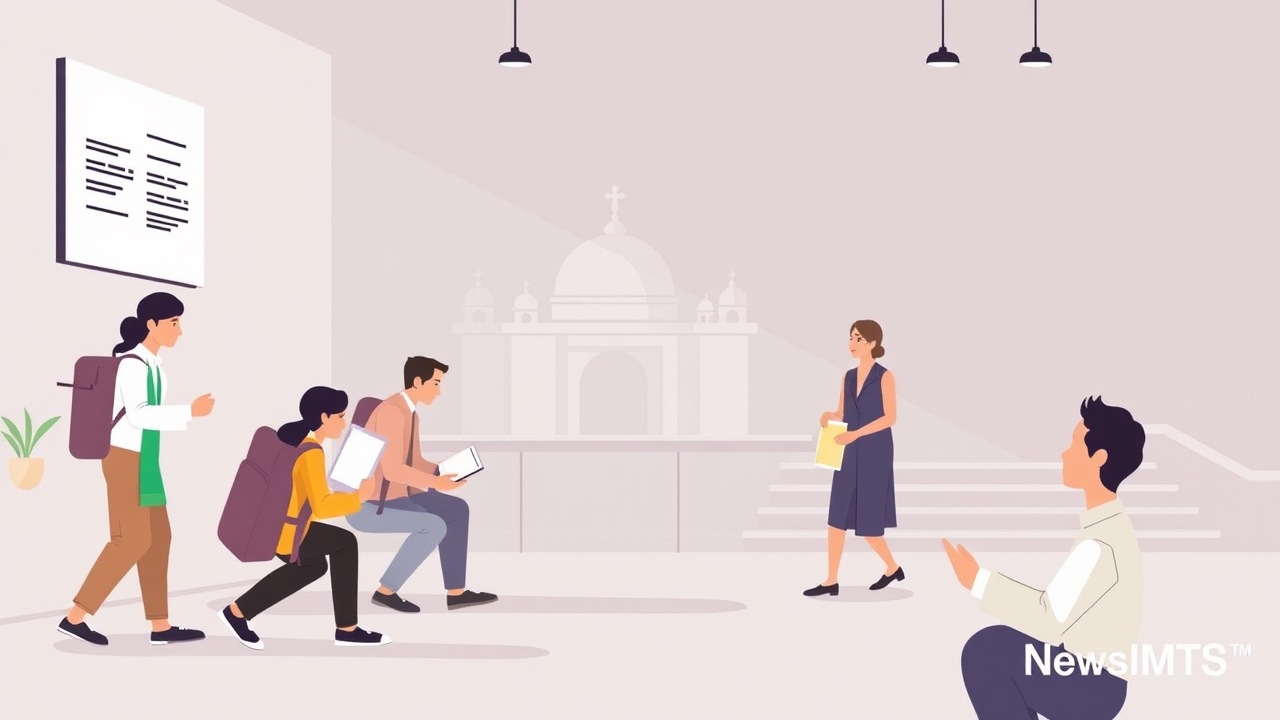 NewsIMTS
NewsIMTS1 crore central government employees and pensioners will benefit from the 8th Central Pay Commission (8th CPC) that has begun work under Justice Ranjana Prakash Desai. Union Minister Ashwani Vaishnav announced the commission will redefine salary structures, allowances, and pensions for government staff. The recommendations are expected by March this year and likely to be implemented from 1 January 2026, with arrears possibly paid in a single instalment. Candidates joining government service in 2026 will directly benefit from the revised pay matrix. The commission includes a Chairperson, a Member-Secretary, and a part-time Member. Its recommendations will impact not only central government employees but also influence pay structures in PSUs and state governments. The 8th CPC follows previous commissions formed approximately every 10 years, with the 7th CPC implemented in this year. (Updated 31 Oct 2025, 16:41 IST; source: link)
What is the 8th Pay Commission and who will benefit?
The 8th Central Pay Commission (8th CPC) is a newly formed committee led by Justice Ranjana Prakash Desai that will revise salary structures, allowances, and pensions for government employees. Nearly 1 crore central government employees and pensioners across India will benefit from these changes. The commission has begun its work to evaluate and recommend new pay scales that will directly affect those in government service. This follows the pattern of previous pay commissions that are typically formed every 10 years, with the last one (7th CPC) implemented in 2016.
When will the new pay scales be implemented?
The 8th Pay Commission is expected to submit its recommendations by March 2027, with implementation likely from January 1, 2026. People joining government service in 2026 will immediately benefit from the revised pay matrix. The government may pay arrears in a single instalment once the recommendations are approved. Beyond central government employees, the commission's decisions will also influence pay structures in public sector undertakings (PSUs) and potentially state governments across India. The commission includes a Chairperson, a Member-Secretary, and a part-time Member who will work together on these recommendations.
Key Points
- The recommendations are expected by March this year and likely to be implemented from 1 January 2026 , with arrears possibly paid in a single instalment.
- 1 crore central government employees and pensioners will benefit from the 8th Central Pay Commission (8th CPC) that has begun work under Justice Ranjana Prakash Desai.
- Candidates joining government service in 2026 will directly benefit from the revised pay matrix.
